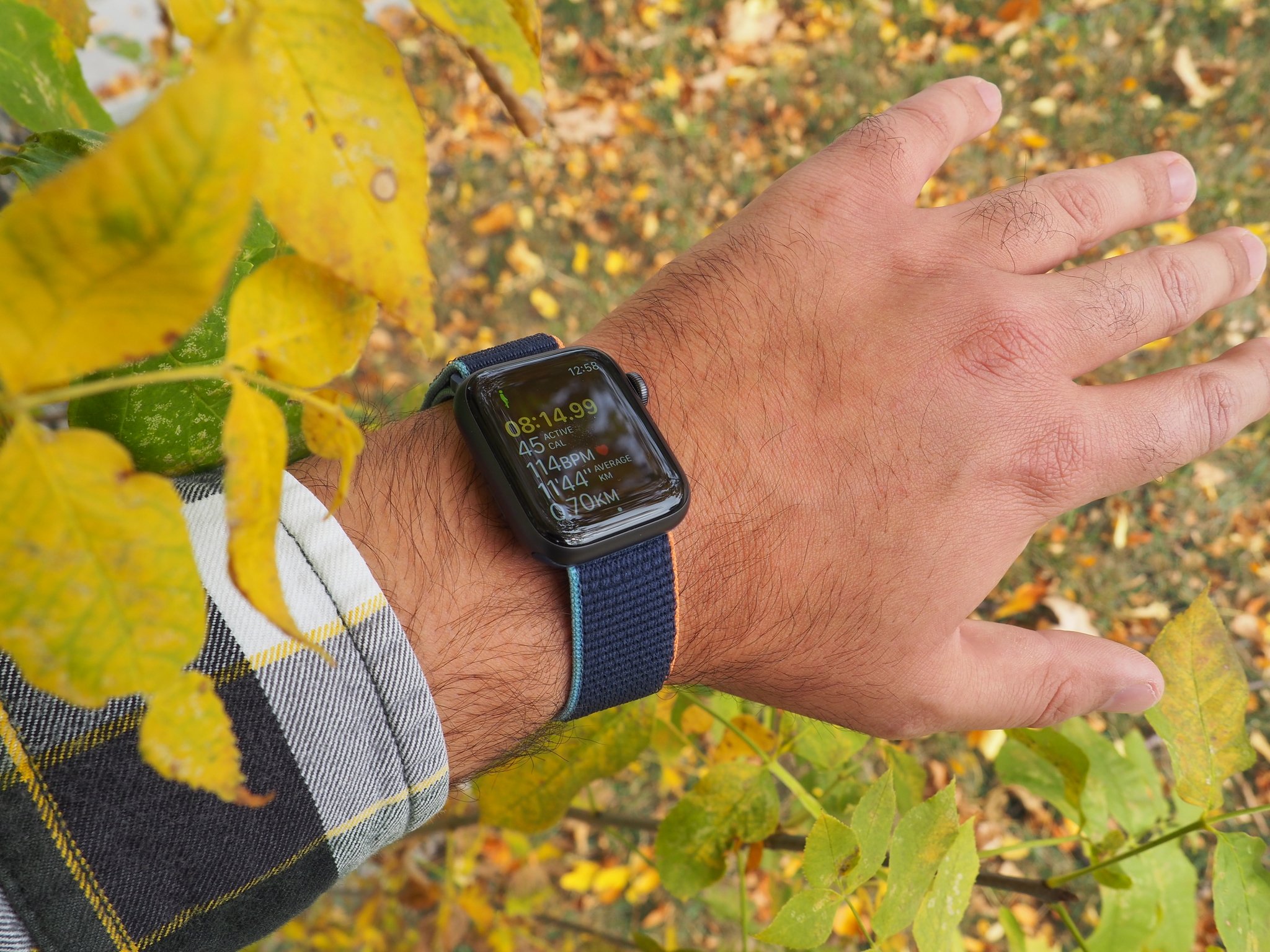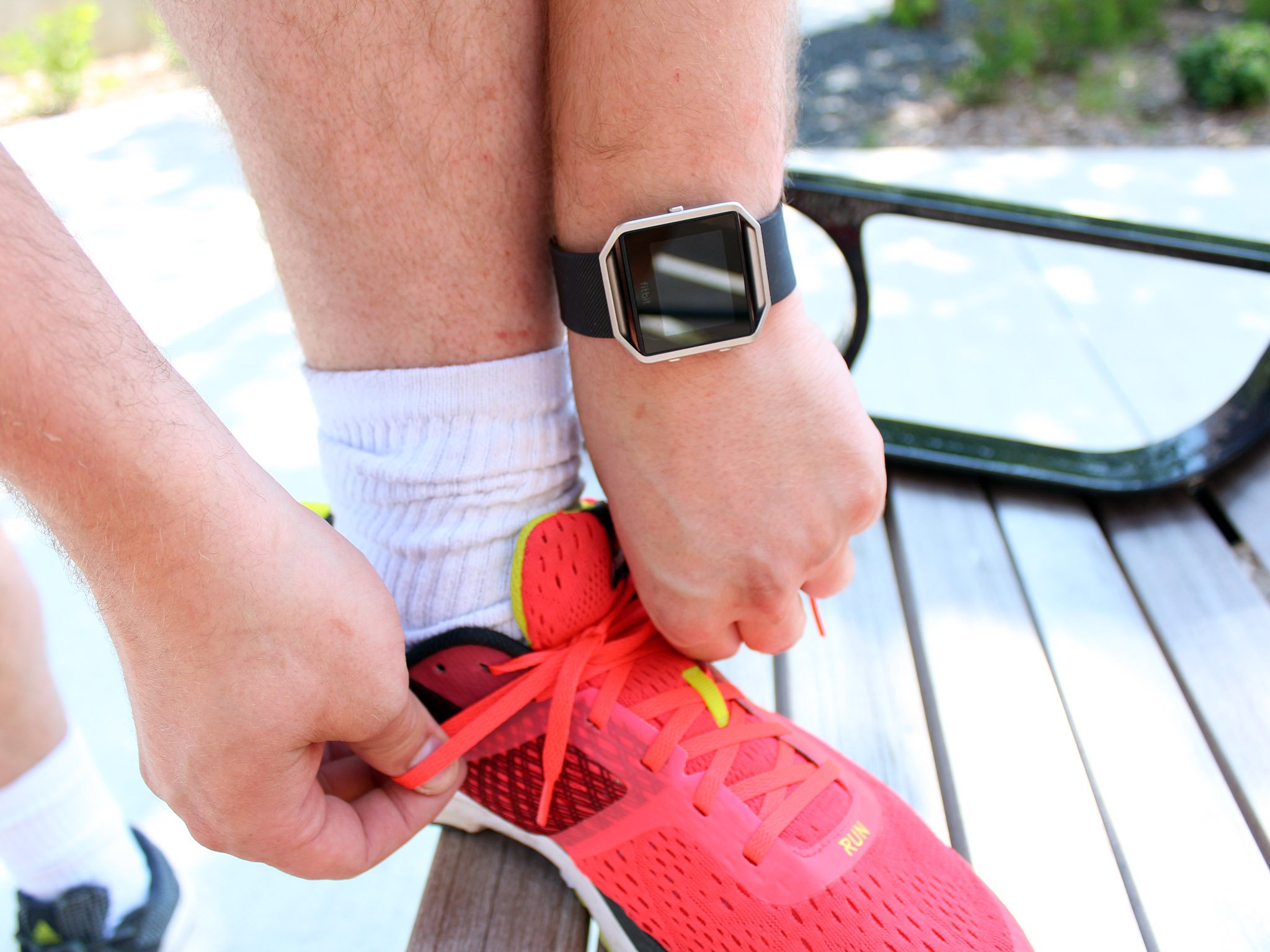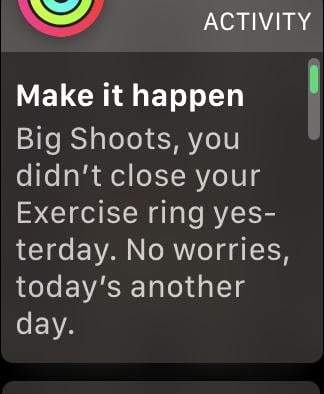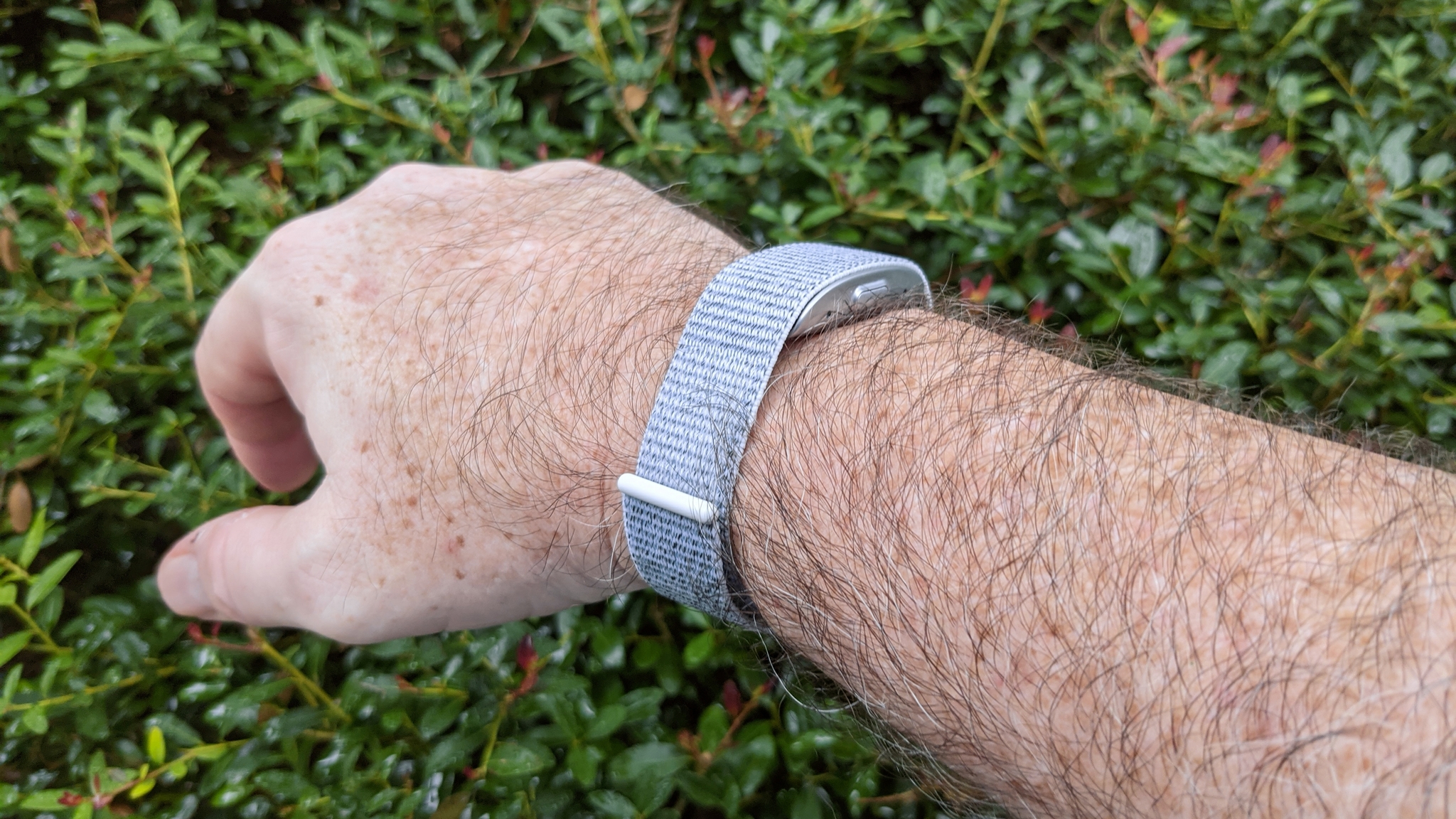The Amazon Halo sounds horrible for people that struggle with fitness — here's why I'm sticking with my Apple Watch

Fitness trackers have been around for years now, and most smartwatches come with some sort of fitness tracking abilities. Companies like Fitbit, Withings, Apple, Samsung, and more have all jumped into the fitness tracking deep end, offering plenty of ways to track various metrics that give you a better picture of your overall health. Recently, Amazon released the Amazon Halo. If Android Central's Review of the Amazon Halo is any indication, it seems like a tough device to strap on your wrist if you're struggling with fitness for any reason.
My personal experience with fitness trackers
As someone who deals with anxiety and depression, losing weight, and being healthy is something I struggle with a lot. I used to use a Fitbit as my primary fitness tracker years ago, and it quickly became a source dread every morning when I would put it on. I tried trackers from Garmin and Withings, and the same feeling of being shackled to a device that would point out my every flaw would wash over me. It was awful.
I stopped wearing any sort of fitness tracker at all for a while, at the suggestion of my therapist, and I did seem to be a happier individual; however, when I started writing for iMore, I started wearing an Apple Watch (for obvious reasons), and I was worried I would fall down the same rabbit hole of despair. I didn't.
The Apple Watch seemed to have a unique way of presenting fitness data that felt good for me, and now that I just got a brand new Apple Watch SE, I'm still amazed at how Apple's method of tracking fitness is so approachable.
Apple Watch approaches fitness in a positive way
When it comes to fitness tracking, the best Apple Watch is the one you have on your wrist, since tracking fitness on the Apple Watch has mostly stayed the same over the years. The three activity rings — Move, Exercise, and Stand — have been at the center of Apple's fitness philosophy. Closing these rings is supposed to be your goal every day, but even when you don't do it, it doesn't feel like you've failed at anything, and Apple makes sure you know that.
The reminder that you didn't close your rings one day — like the one in the picture to the right — or the encouraging reminders late in the day that you are close to closing one of your rings is so positive and fun that it never feels like my Apple Watch is judging me. It's not just the positive notifications that make me thrilled to wear my Apple Watch though; after all, Fitbit and other fitness trackers have those too its, but its the fact that everything I do counts, and it isn't ranked.
Amazon Halo ranked fitness feels bad
When you wear an Apple Watch, if you're moving, you're closing your rings — specifically your Move ring — to some degree. It doesn't matter what you are doing; laundry, walking, grocery shopping, as long as you're moving, you're making progress. As pointed out by my friend, Jeramy Johnson, in his review of the Amazon Halo, moving isn't enough for the Amazon Halo:
iMore offers spot-on advice and guidance from our team of experts, with decades of Apple device experience to lean on. Learn more with iMore!
"You get credit for walking, more credit for jogging, and even more credit for running. The interesting thing about this point system is that you can actually lose points for being sedentary."
What is this? Black Mirror? Obviously, the calories you burn will be different whether you're walking, jogging, or running, but why put a point system that penalizes you for not moving? It's this sort of punishment system that makes my look at the Amazon Halo look like it's designed to make you feel bad.
On top of that, Amazon added some super creepy features with voice tone recognition, which lets the Amazon Halo detect if you're irritated and other things by how you say things, and entire body scans that give you a body fat percentage. I'm not going to say that those metrics aren't useful at all, but they offer way more info than is actually needed for most people, and that info can be damaging to someone's mental health.
Different strokes for different folks
Obviously, when it comes to fitness and maintaining a healthy lifestyle, different methods and types of encouragement will work for different people. I'm not a doctor or medical professional in any way, but from personal experience, I can tell you that a gentler approach to fitness is what makes me happy to strap on the Apple Watch every day.
If you're looking for a fitness tracker/smartwatch for the first time, I would be hard-pressed to suggest the Amazon Halo to anyone. It's too easy to feel bad about yourself these days without having something strapped to your wrist that seemingly goes out of its way to make you feel bad.
In the end, fitness is a journey. If you do a little better today than you did yesterday, that's amazing, and you should congratulate yourself. If you do a little worse today than you did yesterday, it's no big deal; that just means tomorrow is another chance.

Luke Filipowicz has been a writer at iMore, covering Apple for nearly a decade now. He writes a lot about Apple Watch and iPad but covers the iPhone and Mac as well. He often describes himself as an "Apple user on a budget" and firmly believes that great technology can be affordable if you know where to look. Luke also heads up the iMore Show — a weekly podcast focusing on Apple news, rumors, and products but likes to have some fun along the way.
Luke knows he spends more time on Twitter than he probably should, so feel free to follow him or give him a shout on social media @LukeFilipowicz.



